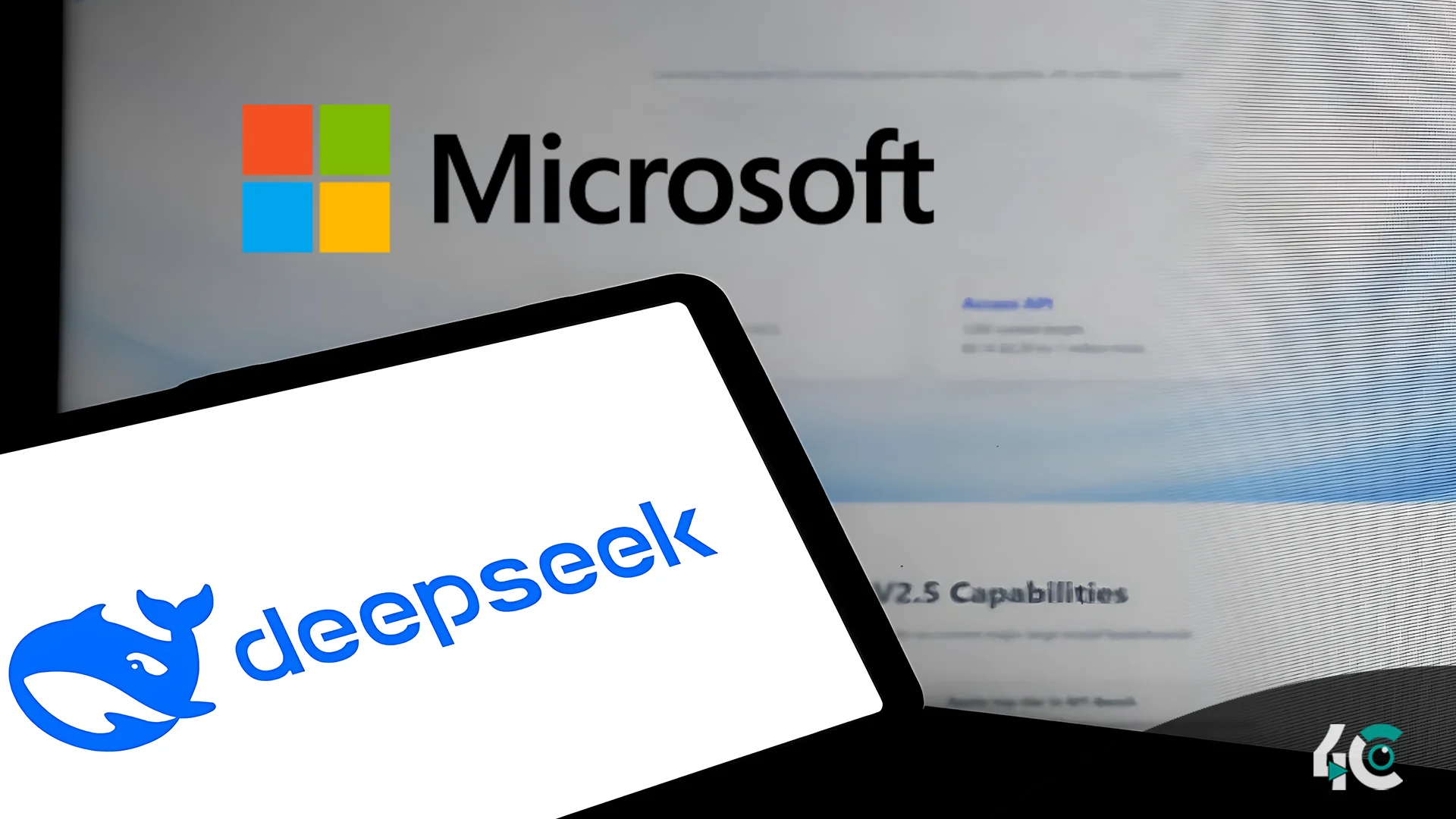Microsoft and OpenAI are examining if DeepSeek, a Chinese AI startup, inappropriately accessed OpenAI’s systems. According to sources, Microsoft’s security team discovered odd data extraction activity in late 2024, raising worries about the unlawful usage of OpenAI technology.
Microsoft, OpenAI’s largest investor, discovered the problem after observing massive amounts of data being pulled through OpenAI’s application programming interface (API). This conduct, if confirmed, may suggest a breach of OpenAI’s terms of service or an attempt to circumvent data access limitations. Microsoft swiftly notified OpenAI of the possible vulnerability, resulting in an internal review.
DeepSeek, an emerging AI competitor, recently revealed R-1, an AI model that supposedly competes with OpenAI’s ChatGPT but has a substantially cheaper development cost. The news of DeepSeek’s improvements sparked a drop in tech markets, underscoring investor concerns about the changing AI landscape.
US officials have also weighed in on the situation. White House AI and cryptocurrency adviser David Sacks indicated that DeepSeek used a process known as distillation, which involves training an AI model with outputs from another system. This technique can result in the duplication of capabilities without direct access to private training data.
While OpenAI has acknowledged larger worries about foreign corporations attempting to copy US AI models, the company has not specifically addressed DeepSeek’s involvement in this instance. A spokeswoman stated that measures to preserve AI technology remain a priority, particularly as competition between US and Chinese enterprises heats up.
Security worries about DeepSeek have prompted additional scrutiny. The US Navy recently banned its sailors from using DeepSeek’s AI technology, citing concerns about potential data misuse. Navy personnel received a warning email highlighting security and ethical issues about the AI model’s origins and data handling.
Beyond the United States, European regulatory organizations are also investigating DeepSeek’s operations. Italy’s data protection regulator has asked for specific information on how the corporation gathers, processes, and keeps user data. The investigation includes questions about whether DeepSeek uses online scraping techniques and whether user data is stored on servers in China.
As AI development accelerates, concerns about data security, intellectual property, and global competition remain at the forefront. The findings of the inquiry into DeepSeek’s operations could have far-reaching consequences for the AI sector and worldwide technology legislation.














































